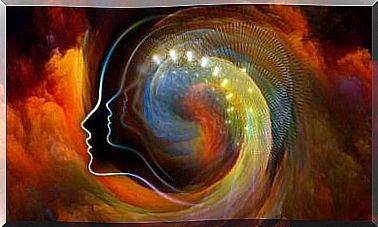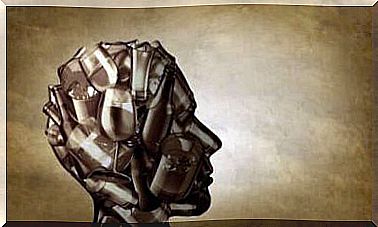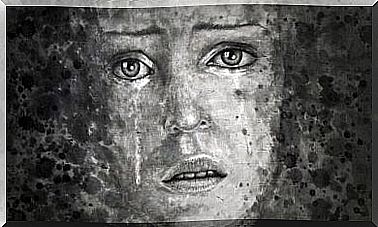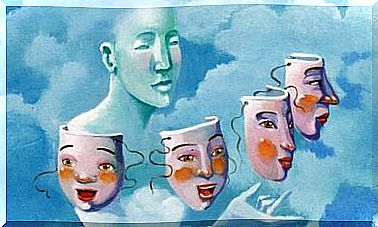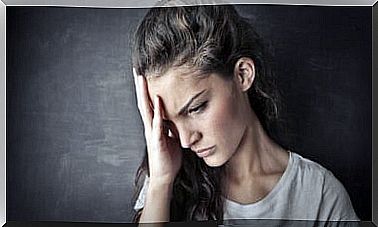Bruxism: Why Do People Grind Their Teeth?
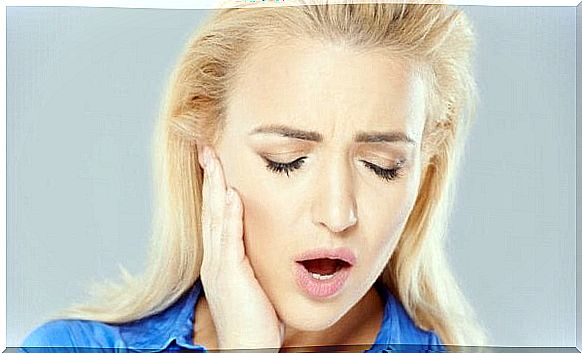
Has anyone ever told you that you grind your teeth at night? Have you ever felt pain in your jaw when you woke up in the morning? If so, you may be suffering from bruxism, or teeth grinding, an unconscious nighttime habit. Bruxism is involuntary and often occurs as a result of stress or other problems that cause the head to work overtime. Teeth grinding causes problems and exhaustion when chewing hard foods.
At first glance, grinding your teeth does not seem like a serious condition. However , chronic bruxism can affect your teeth and jaw. That’s why it’s important to use certain methods to help prevent this and find out why it happens in the first place.
Bruxism cannot be controlled
Bruxism cannot be controlled in the same way that you open and close your hand, as it often occurs at night and you are not aware of it. Your teeth unconsciously rub against each other, causing them to wear out and become more sensitive. Over time, your teeth may no longer fit together as they should.
All of this can cause serious jaw pain in the morning. However, it can also occur during the day in some cases. Imagine that you have an assignment that you have to hand in at the last minute. You’re stiff with concentration and nervousness about getting the task done on time, so you don’t even realize you’re squeezing your teeth too hard.
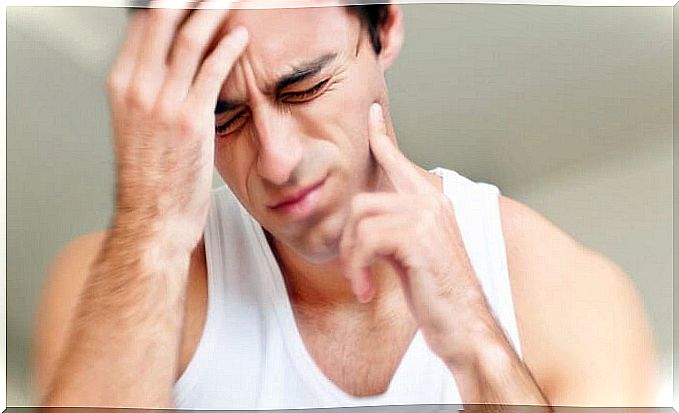
In this state, you are not aware of the fact that you are moving your teeth slightly, causing them to rub against each other. You only notice a stiff feeling and strong pain in your jaw. You may also get a headache. There are known cases where the person puts so much pressure on his jaw that he creates problems opening and closing his mouth normally.
Bruxism can go even further and cause problems such as earaches, problems with eating and tooth sensitivity. Even though you are able to identify these symptoms, the only person who can really verify if you are suffering from bruxism is your dentist, so you should make an appointment to get a proper diagnosis.
Psychological causes of bruxism
As we mentioned earlier, stress seems to play a major role in teeth grinding. An excessive workload or problems in your personal life can be possible causes. But what if you don’t know the cause? What if you grind your teeth at night without knowing why?
Bruxism can also have a clear neurological component. It can be caused by a disease such as multiple sclerosis (MS). Other times, the way the jaw and teeth are positioned is what causes the teeth grinding.
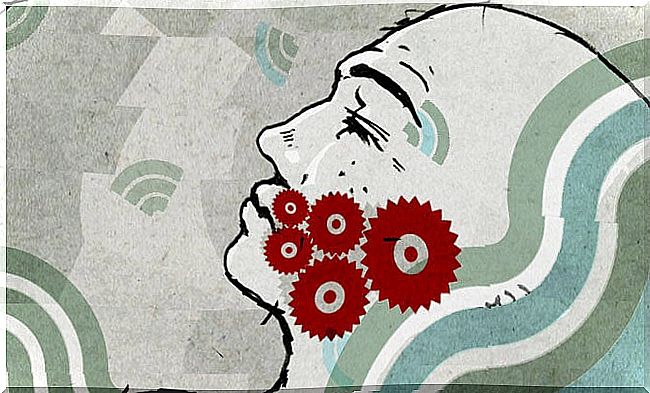
But the most common causes are related to unresolved problems and experiences that left their mark on you, but you thought you had worked through them. However, they are still there and this is the way they manifest.
Ignored tension and problems that somehow have to get out, because they contain a lot of energy that should not be accumulated in your body. The body has several ways to release tension, but teeth grinding is one way that is difficult to control consciously. So if you’re prone to nervousness, anxiety, or don’t handle stress well, you may also be prone to bruxism.
There are many ways to free yourself from this habit. Take yoga classes, practice relaxation techniques, and describe your symptoms to a specialist who can help you.
Perhaps the most commonly used solution is a mouthguard, which can reduce the negative effects on your dental health, even if it does not solve the cause.
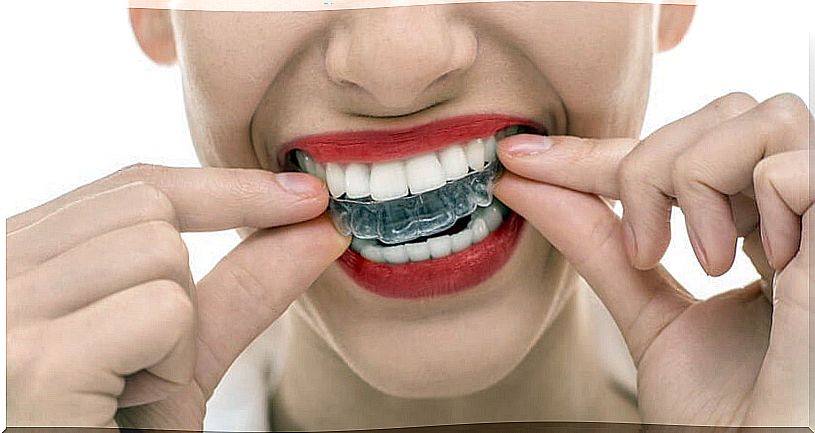
If you suffer from bruxism it is important to find out what could be the cause. It is important to take good care of your mind and spirit and grinding your teeth can be a call for attention from your body to reflect on your life.

